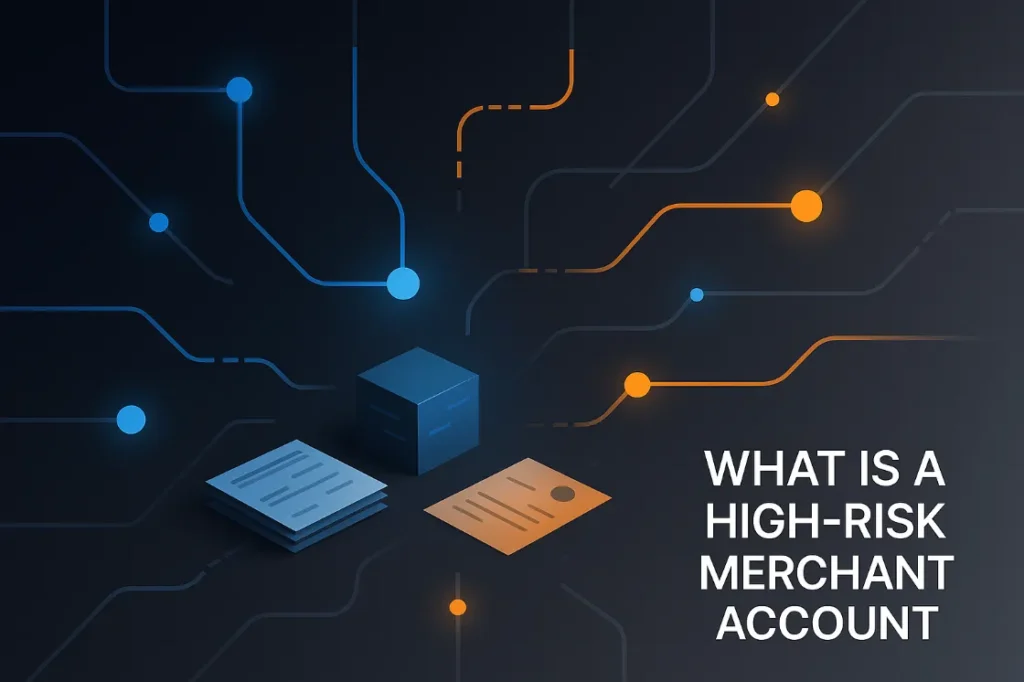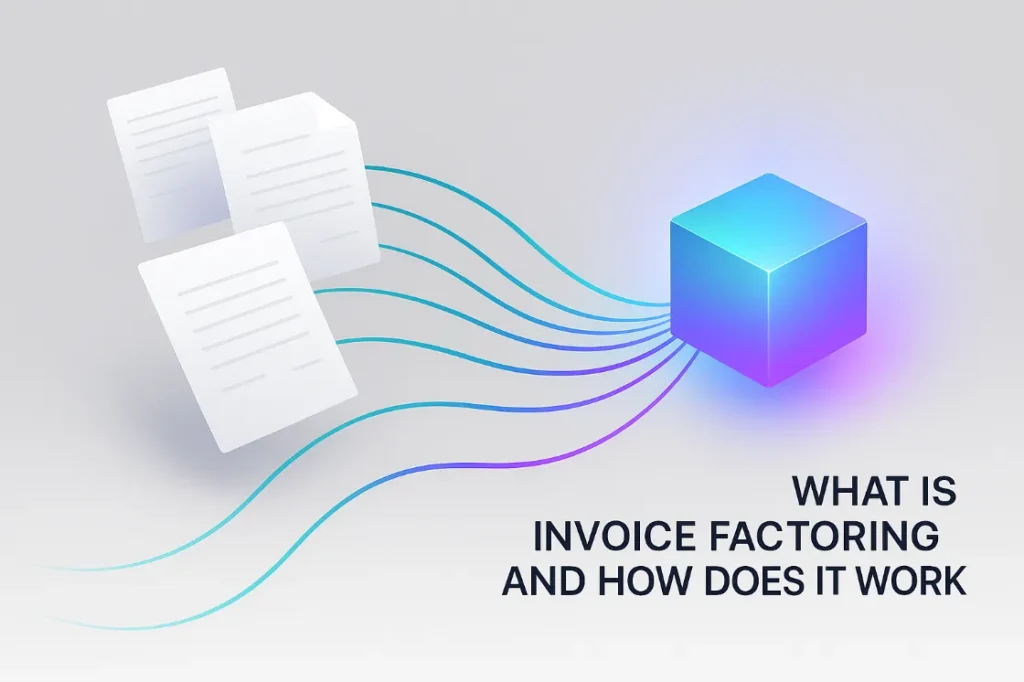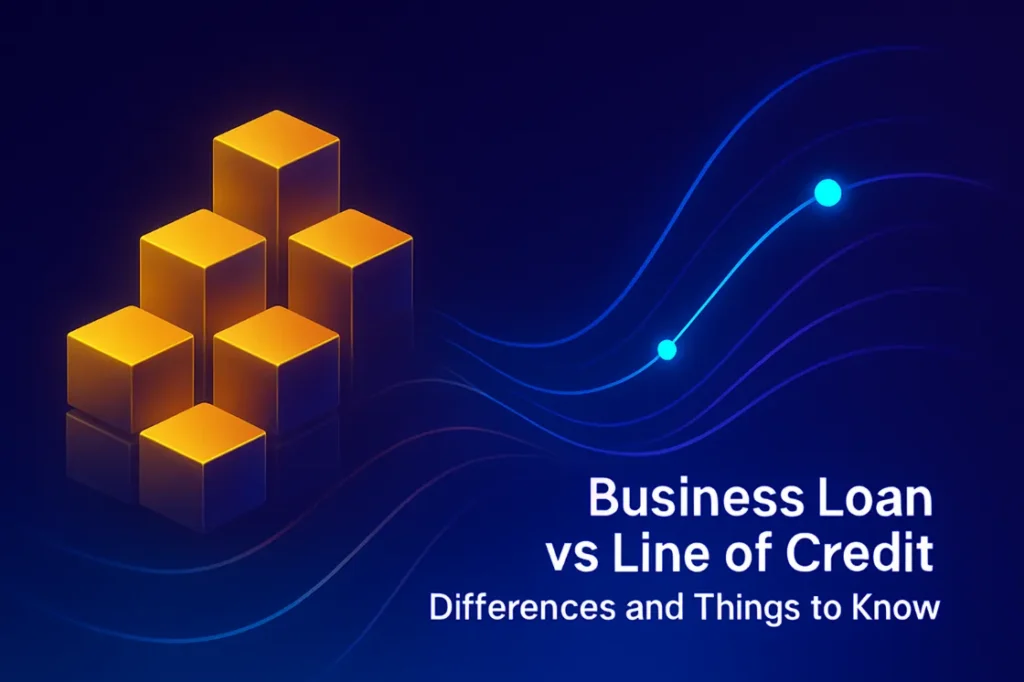Businesses that are more apt to experience fraud or chargebacks could benefit from what’s called a high-risk merchant account. Some payment processors offer the accounts as a specialty service. But before you set one up, here’s what you should know.
What Is a High-Risk Merchant Account?
A high-risk merchant account is for high-risk businesses. These businesses possess a higher likelihood of fraud, chargebacks, or other financial risk factors. A high-risk business requires such an account for high-risk credit card processing.
Being deemed a high-risk business could be due to the industry in which it functions, its financial history, or the nature of the business.
What Makes a Merchant High Risk?
There isn’t a central authority in the payments industry that sets risk factors. Rather, each payment processor and bank has its own standards.
Factors that contribute to a business being designated as high risk include having low credit scores, relying heavily on global sales, and the potential for high-ticket sales and card-not-present transactions. Other factors are regulatory considerations, high chargeback rates, and being a new business.
Some industries are at higher risk for fraud than others, including those that involve e-cigarettes, CBD products, stun guns, vape products, multi-level marketing, pawnshops, adult entertainment and products, tech support, and SEO services. Other high-risk business sectors include credit repair and debt management, charitable organizations, subscription-based services, and tourism and travel.
Here’s a closer look at some of the primary characteristics of high-risk businesses and high-risk merchant processing:
- High chargeback rates. Chargebacks happen when customers dispute a transaction. High numbers of such disputes are viewed as a liability to merchant service providers.
- Industry reputation. Some industries have a reputation for frequent refunds, chargebacks, or high fraud levels.
- Global sales. Businesses are often considered high risk if they have large volumes of international transactions, particularly if the companies do business in, or with, countries that consistently have excessive fraud rates.
- Poor credit. A bad credit history can result in a high-risk classification, as financial stability is a primary factor in setting a business’s risk level.
- High-ticket sales. Companies are at higher risk of fraud and chargebacks if they regularly process high-value transactions of at least $100.
- Fraud risk. Industries beset by high fraud levels, or companies with a history of fraudulent transactions, are considered high risk.
- Subscription-based services. Companies that use a recurring payment or subscription model are high risk because such payment types are more prone to chargebacks.
- New business. A new or unestablished business has no established financial history or proven track record. Because of that, they are deemed high risk.
- Regulatory risks. Industries such as firearms or tobacco are heavily regulated or subject to evolving legal environments. This is because of the potential for compliance risks and legal issues.
Are High-Risk Merchant Accounts Different from Standard Merchant Accounts?
Yes. Compared to a regular account, a high-risk merchant account has higher payment processing fees, longer application processes, volume caps in credit card processing, cash reserve requirements, stricter contract terms, and greater chargeback fees. Why? Because these accounts take on more risk.
For high-risk business owners, credit card processing rates are between 0.5% and 1% higher than those of regular accounts, with monthly fees between $10 and $50.
Pros and Cons of High-Risk Accounts
High-risk merchants should consider the benefits and drawbacks of high-risk merchant accounts before opening one.
Pros
- Businesses in high-risk industries can expand their customer base and market reach.
- There are more security levels, as high-risk account providers typically have enhanced security measures and fraud protection to lower the risks associated with high-risk industries.
- High-risk accounts are commonly equipped for global sales and often support multiple-currency transactions.
- A heightened tolerance of industries with higher chargeback rates, despite inherent risks.
- More lenient sales volume restrictions, aiding businesses that have fluctuating or high-transaction volumes.
Cons
- High-risk accounts usually carry higher fees and charges.
- Rolling reserves may be required. With such reserves, the merchant service provider holds a percentage of the transactions for a set period to cover prospective disputes and chargebacks.
- Transaction funds may not be available as quickly, which can hurt cash flows.
- Terms and conditions are often stricter, with more potential penalties for noncompliance and more complex contract requirements.
- There may be reputational implications for businesses deemed high risk that can affect relationships with banks and potential partners.
In Summary
For high-risk businesses, there are distinct benefits to opening a high-risk merchant account, including the expansion of market reach and more security levels. Just keep in mind drawbacks such as higher fees and charges, and stricter terms and conditions.







